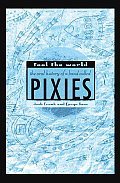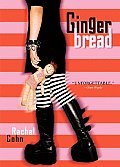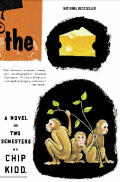 Gone With the Windsors by Laurie Graham
Gone With the Windsors by Laurie GrahamIn 1936, King Edward VIII ticked off just about every member of the English aristocracy by abdicating his throne for the love of a twice-divorced American commoner, Wallis Simpson. She wasn't particulary attractive, young, wealthy, or pleasant, but she had something that turns a king's head - the ability to boss him around.
Gone With the Windsors is a fictionalized account of how Simpson got her man, and alienated a country in the process, told through the eyes of an old school pal, Maybelle Brumby.
After being widowed, the newly wealthy and delightfully dippy Maybelle moves to London to enjoy the hospitality of her sister, Violet. Violet promises her brushes with royalty and introductions to interesting men, but can't deliver anything more than a half-witted viscount and dull holidays in Scotland. Determined to get in with a more glamorous social set, Maybelle realigns her loyalties with some old acquaintances, including Wally.
Maybelle's diary entries follow Wally's deft social maneuvering into the inner circle of Britain's royalty, and eventually, into the bed of HRH Wales. The book starts off like a cross between Daisy Miller and Pride and Prejudice, but turns out to be a lot more fun - imagine the cast of Clueless transported to pre-war England.
The royal gossip makes for fun reading, but Graham also sneaks in some subtle commentary on the attitudes of England's upper class, many of whom spent these years receiving Christmas cards from Mussolini and making excuses for Hitler.
As a result of her cluelessness, Maybelle makes a number of poor financial and social decisions during her time spent with the royals, but she's so endearing and goofy that it's hard not to spend the book rooting for her.
If you liked...: Auntie Mame by Patrick Dennis or Bridget Jones's Diary by Helen Fielding, this book is for you.







